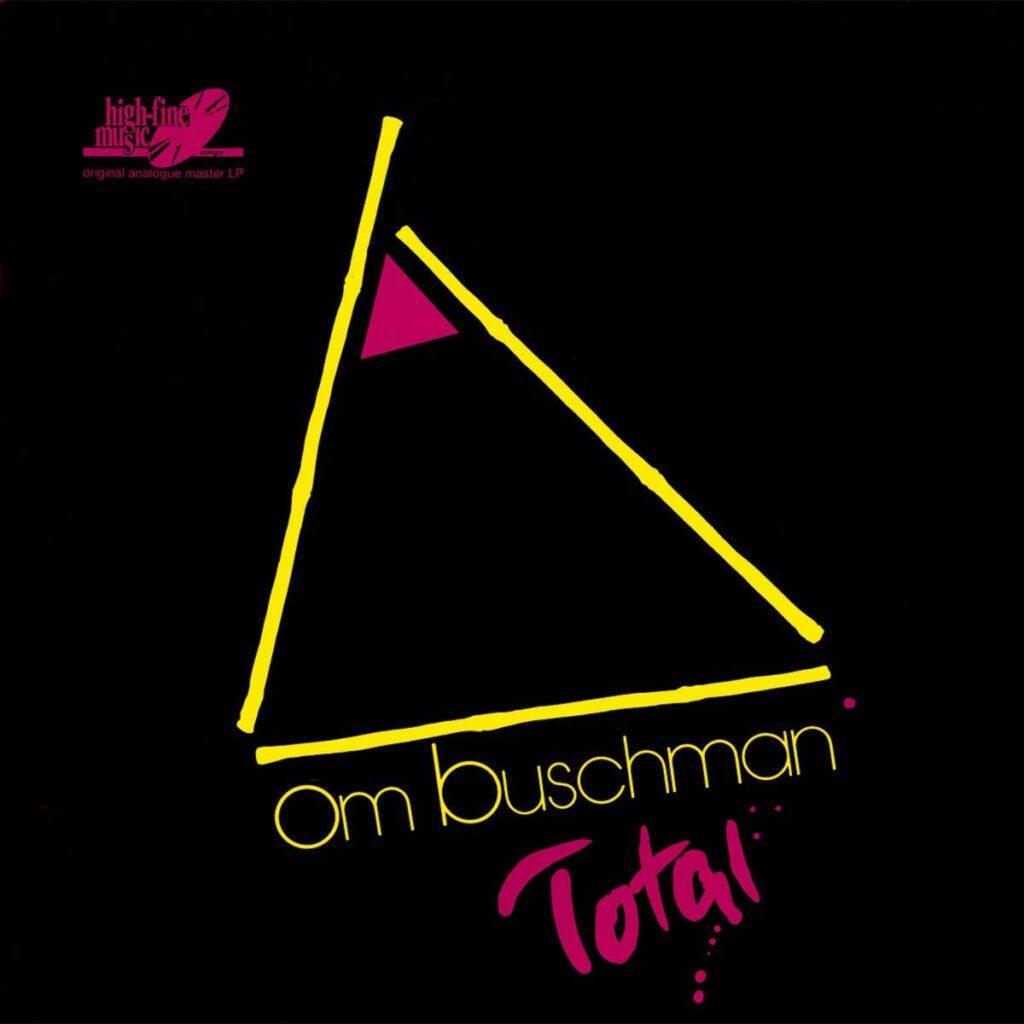
Ok, so: in full disclosure, over the past few years I’ve been feeling increasingly disenchanted with a lot of music that is described as “fourth world”: effectively, music that loosely traffics in the traditions and aesthetics of the global south, but reimagined through the lens of “advanced” or “futuristic” electronics. It’s a fraught category for several glaring reasons, but even without the self-imposed description, the music itself can, at worst, feel like white people playing under-researched dress-up with bits and pieces of other cultures, often because the musicians are too lazy to come up with something of their own. (And yes, I participate in and celebrate this kind of work on a regular basis! I’m obviously not a passive bystander here.)
I’m not resolving to draw clean lines in the sand about engaging in this kind of thing going forward, because: any attempt to do so would be arbitrary and ridiculous, given that music always involves cross-pollination and borrowing, and much of it is done in good faith and with deep artistic reverence. And because this stuff is messy, and there isn’t always a clearly discernible hierarchy of ethical creativity! And because I love too much of it to ever try to impose one, and because I’m obviously not the right gatekeeper to decide what is and isn’t colonialist.
I’d love to be just a passive set of ears, and to be able to say that I love Total purely for its aesthetic value, regardless of its cultural position. But nothing exists in a vacuum. Total was made by four Germans, and it borrows heavily from across continents: steel drums, didgeridoo, sub-Saharan polyrhythms, maybe a guzheng, a kalimba, Calypso, “from Cuba to Mocambique” [sic]. I’m not going to argue that this is good or bad, but I am going to argue that what Om Buschman brings to the conversation–which may be a sloppy conversation, or possibly even more of a weird monologue–has musical value. These musicians employ a post-Krautrock scronkiness, a Western spiritual jazz ethos, and an extremely stoned sense of humor (I’m pretty sure there’s the sound of a toilet flushing hiding in “Prima Kalimba”) to a largely percussive record. The effect is, to me, a synchronicity that exceeds copy and pasting. It’s perfectly stuporific, sprawling, foggy. Luckily we don’t have to choose between listening to Nigerian apala, Cuban jazz, or something like this, because they’re not the same and there’s no comparison. But perhaps for a new listener, one can be an entry point to another.
If I sound defensive, it’s because I’m still not sure how I feel about the whole thing, and because I have a knee-jerk reaction when music that isn’t made by a literal tribe of people is described as “tribal.” But I like the music! It’s deeply purple, playful, and very trippy. It borrows from, but it becomes something wholly different along the way. So here you go; maybe you’ll love it too.
well no matter even how it sounds let alone adds up on the ethics committee report, that was a great write-up and introduction to a particular idea in art today, so thank you! (this is great sounding music though, yeah)
“Good music is good no matter what kind of music it is.” MD
“It’s not where you take things from (in art) – it’s where you take them to.” JLG
Thanks for that very honest & direct statement of feelings! It’s definitely a messy question.
I’m with you on this. I love the music of Jon Hassell, but inherent to his entire coinage of “fourth world” is the sexualization of regions colonized by European power. He frames fourth world music as being constitutive of the entire body, incorporating the West as the mind “formatted by language and located in the head,” and current or former colonized regions as “area[s] of wildness and sensuality below the waist where dance and music and procreation reigns.” His assumption is that Westerners are inherently intellectual and more intelligent than their others, but that the other is inherently sexier than the Westerner. Obviously he is envious of the other, and perhaps even indulges in the privileged desire of wanting to be other, but only as a commodity. How long would he *really* want to live among the Aka, for example?
Fourth World music ultimately derives from an assumption of superiority that can’t be reconciled with the longing for otherness. But goddamn it, I can’t tell you that I don’t love A LOT of it, including and especially the work of Jon Hassell. It’s a pickle.
It’s nice to see you posting more write ups!
This is such a hard topic and you do it justice. I don’t think you sound defensive, you are being very open about the difficulty. Om Buschman is definitely an embarrassing and telling name for a group, but the music sounds great. Thanks for sharing it.
Your page is my comfort zone, and I’m always sure I can find something interesting here. I’ve been after this album for a long time, and haven’t been able to find it. Your download link also doesn’t work anymore, is it possible to upload it again?